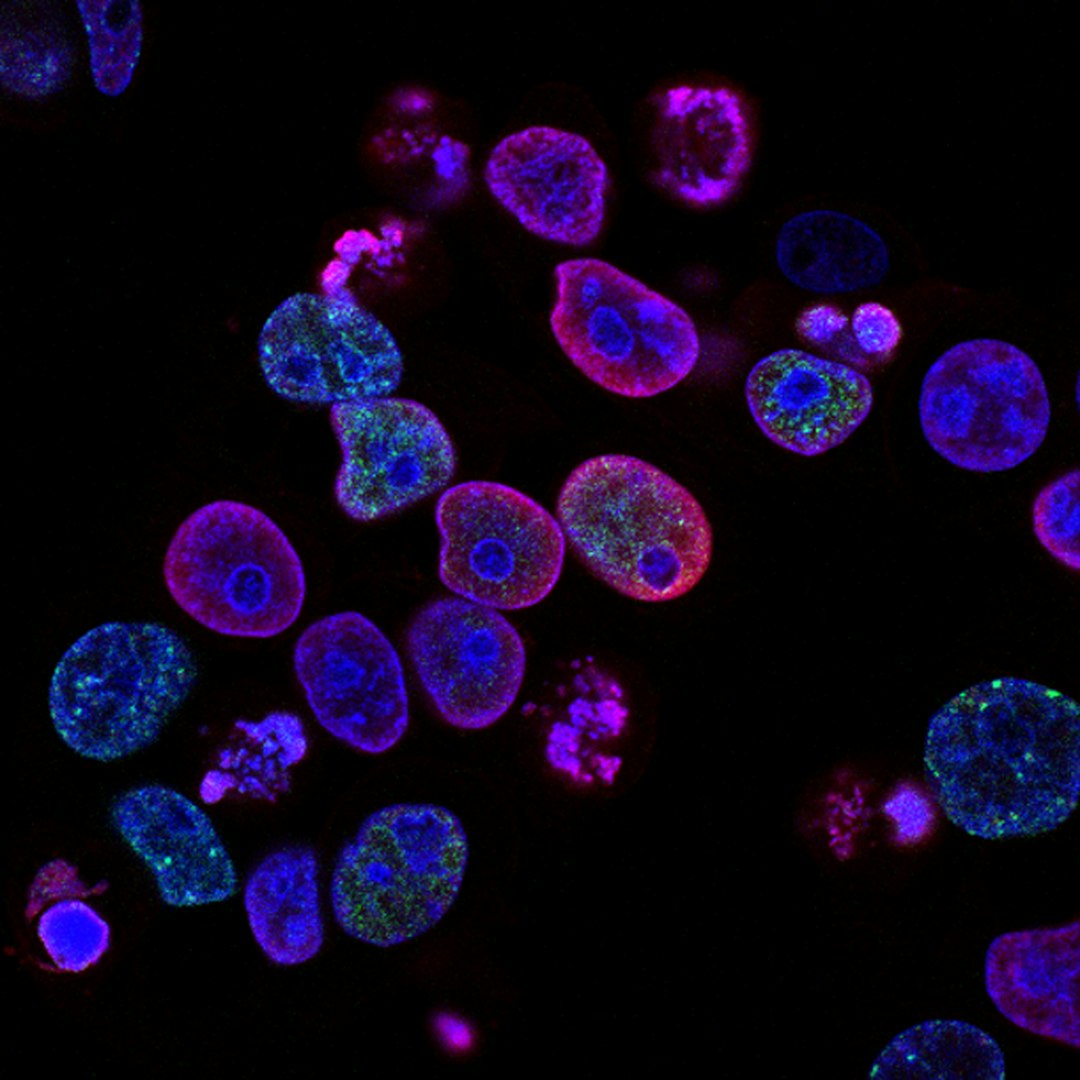The Role of Artificial Intelligence in Healthcare
Artificial Intelligence (AI) has become an increasingly important tool in various industries, and one field that has greatly benefited from AI advancements is healthcare. With the ability to mimic human intelligence and perform tasks that typically require human intelligence, AI is revolutionizing how medical professionals diagnose, treat, and manage diseases. In this blog post, we will explore the role of AI in healthcare and its impact on patient care.
One of the primary applications of AI in healthcare is disease identification and diagnosis. AI algorithms can analyze vast amounts of medical data such as patient records, lab reports, and medical imaging to detect patterns and identify potential diseases. For instance, AI models trained on thousands of mammogram images can accurately identify breast cancer, sometimes even surpassing human radiologists in accuracy. This capability not only speeds up the diagnosis process but also reduces the chances of misdiagnosis, leading to more accurate treatment plans for patients.
AI-powered systems can also assist healthcare professionals in making treatment decisions. By analyzing patient data and comparing it to vast databases of medical research, AI algorithms can provide personalized treatment recommendations based on the best available evidence. This can be particularly helpful in complex cases where multiple factors need to be considered. Additionally, AI can continuously monitor patient conditions and provide real-time feedback, alerting medical staff to any concerning changes and empowering them to take immediate action.
Another crucial area where AI is making a significant impact is in the development of new drugs and treatment methods. Traditional drug discovery is a time-consuming and expensive process that involves screening millions of chemical compounds. With AI, researchers can accelerate the process by using algorithms to predict the effectiveness and safety of potential drugs. This not only saves valuable time but also reduces the cost involved in bringing new treatments to market. Furthermore, AI can aid in the identification of potential combinations of existing drugs that could have synergistic effects, leading to innovative treatment options.
The use of AI is not limited to specific medical tasks but can also enhance patient care and experiences. AI-powered virtual assistants and chatbots can provide patients with personalized health advice, answer common questions, and even schedule appointments. These virtual assistants can be available 24/7, ensuring that patients have access to healthcare information and support whenever they need it. Moreover, AI applications in robotics enable robots to assist with tasks such as patient monitoring, medication reminders, and physical therapy, easing the burden on healthcare providers and improving patient outcomes.
Despite the numerous benefits AI brings to healthcare, there are also challenges that need to be addressed. One major concern is the ethical use of AI in medical decision-making. The reliance on algorithms in critical medical decisions raises concerns about accountability, transparency, and bias. It is essential to ensure that AI systems are transparent and explainable, allowing healthcare professionals to understand how decisions are made. Additionally, careful consideration must be given to how AI systems are trained to prevent bias, as biased algorithms can perpetuate healthcare disparities and inequities.
Another challenge is the integration of AI into existing healthcare systems. Implementing AI technologies requires significant investments in infrastructure, data management, and staff training. Moreover, ensuring data privacy and security is crucial, as healthcare data is highly sensitive and needs to be protected from breaches and misuse. Healthcare organizations need to invest in robust cybersecurity measures and comply with regulations to protect patient privacy and build trust in AI-driven solutions.
In conclusion, the role of artificial intelligence in healthcare is transformative. From disease identification and diagnosis to personalized treatment recommendations and drug discovery, AI has revolutionized healthcare practices, leading to more accurate diagnoses, improved patient care, and reduced costs. However, ethical considerations and infrastructure challenges need to be carefully addressed to fully harness the potential of AI in healthcare. With proper implementation and regulation, AI has the potential to revolutionize not only healthcare but also our well-being as a whole.









